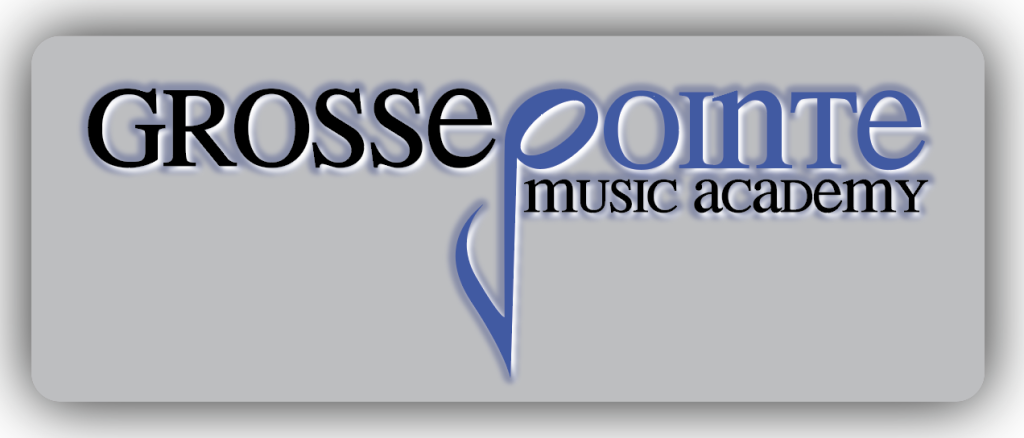Music and Leadership: U.S. Presidents and Their Musical Backgrounds
By Grosse Pointe Music Academy Staff
Throughout American history, many of the nation’s leaders have had a strong connection to music. From early presidents to more recent public figures, music has played a formative role in the lives of several prominent individuals.
President Harry S. Truman, known for his leadership during the final stages of World War II, reportedly practiced the piano diligently as a child—often up to two hours a day. President Warren G. Harding was said to be proficient on a wide variety of instruments, with only a couple exceptions. Franklin D. Roosevelt enjoyed playing the organ, and President Richard Nixon, often remembered for his foreign policy achievements, was also an accomplished pianist. More famously, President Bill Clinton brought the saxophone into the national spotlight with his televised performances during the 1990s.
Beyond the presidency, notable figures in government have also had a strong musical foundation. A well-known example is former Secretary of State Condoleezza Rice, who has performed classical piano pieces at public events and began accompanying her mother, an organist, at church services from a very young age. Her first name, derived from the Italian musical direction con dolcezza (“with sweetness”), highlights the musical influence in her family from the start.
Why do so many high-achieving individuals have a background in music? Research continues to explore the connection between musical training and cognitive development. Studies have indicated that listening to or performing music—especially complex, structured compositions—can positively affect memory, spatial reasoning, and overall brain function. One well-known study linked listening to Mozart with improved performance on spatial intelligence tasks. Other experiments have demonstrated that structured instrumental music, particularly from the Baroque era, can enhance focus and retention when learning new material.
Music study is more than just intellectual exercise—it instills discipline, patience, and the rewards of consistent effort. Whether it’s a child learning their first chords on the piano or an adult returning to music after years away, the benefits extend far beyond the notes on the page.
At Grosse Pointe Music Academy, we encourage students of all ages to explore their musical potential. Whether you’re interested in piano, guitar, drums, voice, or strings, our experienced, university-trained instructors are here to guide your progress—one lesson at a time.
As former U.S. President Gerald Ford once said:
“Music education opens doors that help children pass from school into the world around them — a world of work, culture, intellectual activity, and human involvement.”


Leave a Reply